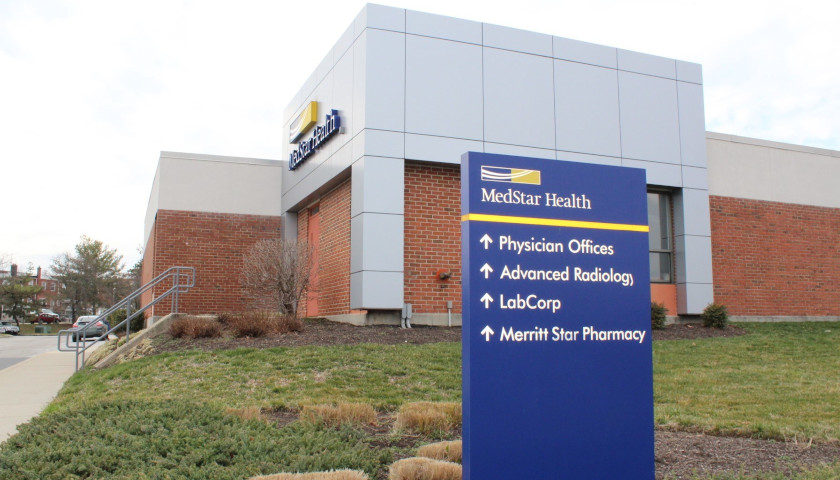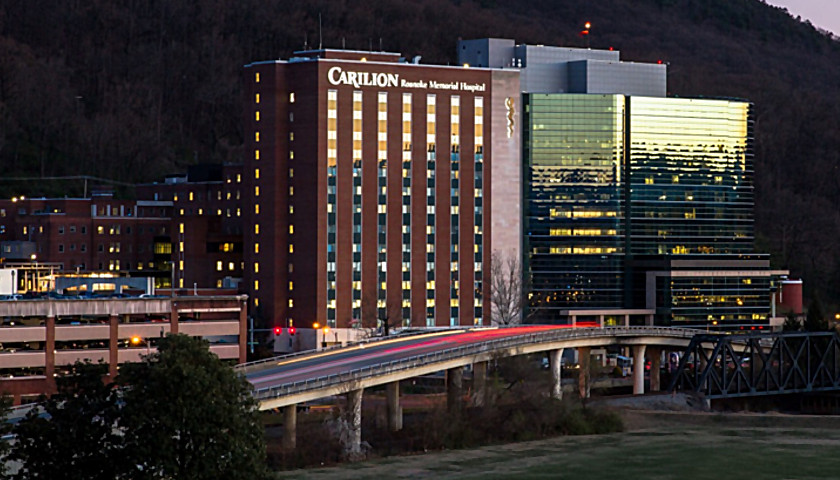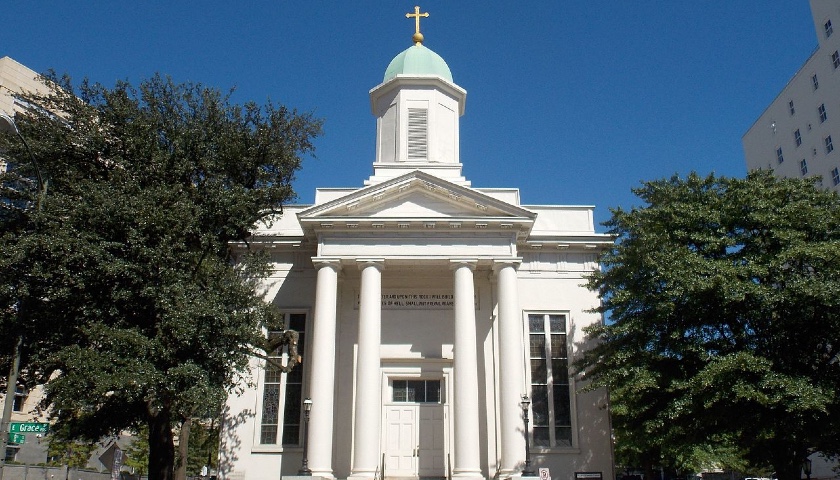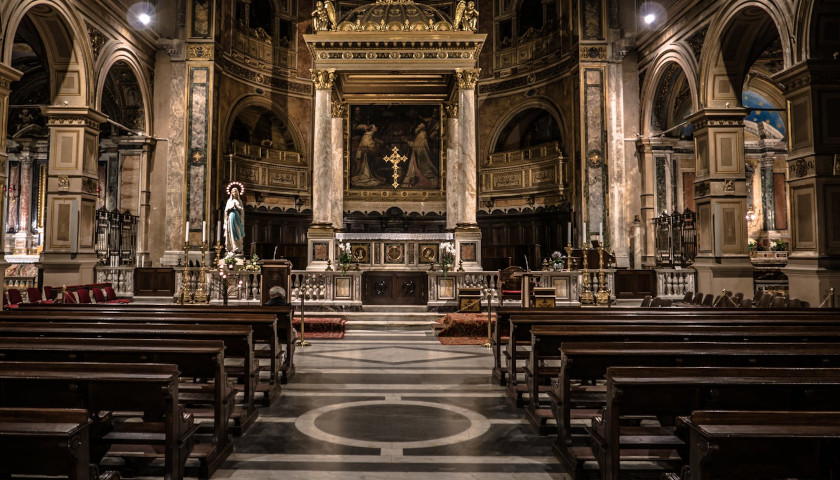On three occasions officials at MedStar Health System (MSHS) hospitals denied entrance to clergy to perform rites including infant baptism and end-of-life last rites, according to a Wednesday press release from the Office for Civil Rights (OCR) at the U.S Department of Health and Human Services (HHS). Complaints from a patient and the Catholic Diocese of Arlington led the OCR to push Washington D.C.-area MSHS hospital operator to allow clergy into its hospitals despite COVID-19 regulations.
Two of the cases occurred in Virginia at Mary Washington Healthcare (MWHC) in the Diocese of Arlington.
“In August 2020, the Diocese of Arlington filed a complaint with CRFD alleging that MWHC would not permit a priest to provide the Catholic religious sacraments of Holy Communion and Anointing of the Sick to a COVID-positive patient who was in an end-of-life situation and whose family requested that the priest visit the patient to provide those religious sacraments,” the OCR announced in a press release. “After learning of the complaint filed with OCR and in light of the urgency of the patient’s situation, MWHC allowed the priest access to the patient to provide the sacraments.”
Diocese of Arlington Director of Media Relations Amber Roseboom told The Virginia Star, “Fortunately, the issue you are referencing was resolved prior to the death of the patient. Mary Washington Healthcare (MWHC) granted a priest of the Diocese of Arlington access to visit the patient and give that individual last rites before the individual passed.”
“Understanding the many competing interests a hospital must balance, particularly during a pandemic, the ability of a patient to exercise his/her religious freedom at such an important time must remain central, as long as reasonable precautions are taken by the cleric,” Roseboom said.
“Shortly after, the family of a surgery patient in MWHC’s intensive care unit (ICU) also asked for a priest to visit to provide the religious sacraments. Although the patient was neither COVID-positive nor suspected of being COVID-positive, MWHC would not allow the priest to visit,” the OCR press release said.
The release continued, “MWHC had designated the entire ICU as a COVID unit, and as such, MWHC restricted visitors from entering, except in end-of-life situations. Although the patient had just undergone a serious procedure, MWHC had not determined the patient to be in an end-of-life situation and, thus, would not allow the patient access to clergy. The Diocese of Arlington again filed a complaint with OCR so that the ICU patient could receive religious support.”
Roseboom said, “We were pleased that MWHC was responsive to our concerns and swiftly moved to grant access to the patient for last rites. Following this, HHS continued to pursue the overall issue with MWHC to coordinate a standard protocol moving forward. MWHC will provide clergy infection control training and the appropriate PPE to allow safe visits by clergy in COVID units.”
In a July case in a different diocese in Maryland, a new mother complained that because she was COVID-19 positive, she was separated from her newborn at MedStar Southern Maryland Hospital Center (MSMHC).
The OCR press release said, “Shaken by the involuntary separation, the Complainant requested that a Catholic priest be allowed to visit her newborn son to baptize him, but according to her complaint, the hospital denied her request due to a visitor exclusion policy adopted in response to the COVID-19 pandemic.”
The OCR explained to MedStar officials how to provide lawful adequate access for clergy. “Acting in partnership with the Centers for Medicare & Medicaid Services, OCR provided technical assistance to MSMHC and MSHS.”
Passionately Catholic author Suzy Kelly told The Star, “What is difficult for many to understand is that Catholic priests who minister to the sick often come to administer a sacrament of healing. This Sacrament, the Anointing of the Sick, is spiritually healing and sometimes physically healing as well. Spiritual health, to the Catholic, is of much greater value than physical health. ”
“The priest ministering to the sick person not only brings prayers, but brings Jesus. Not allowing the priest to visit deprives the sick of the sacramental grace needed at this most critical time in their life.” Kelly concluded, “Priests should always be allowed to visit the sick, in person, although taking the necessary precautions to avoid the spreading of disease. ”
– – –
Eric Burk is a reporter at The Virginia Star and the Star News Digital Network. Email tips to [email protected].
Photo “MedStar Health” by MedStar Health.




